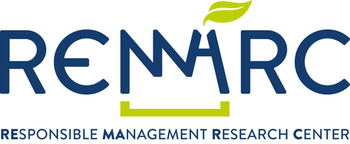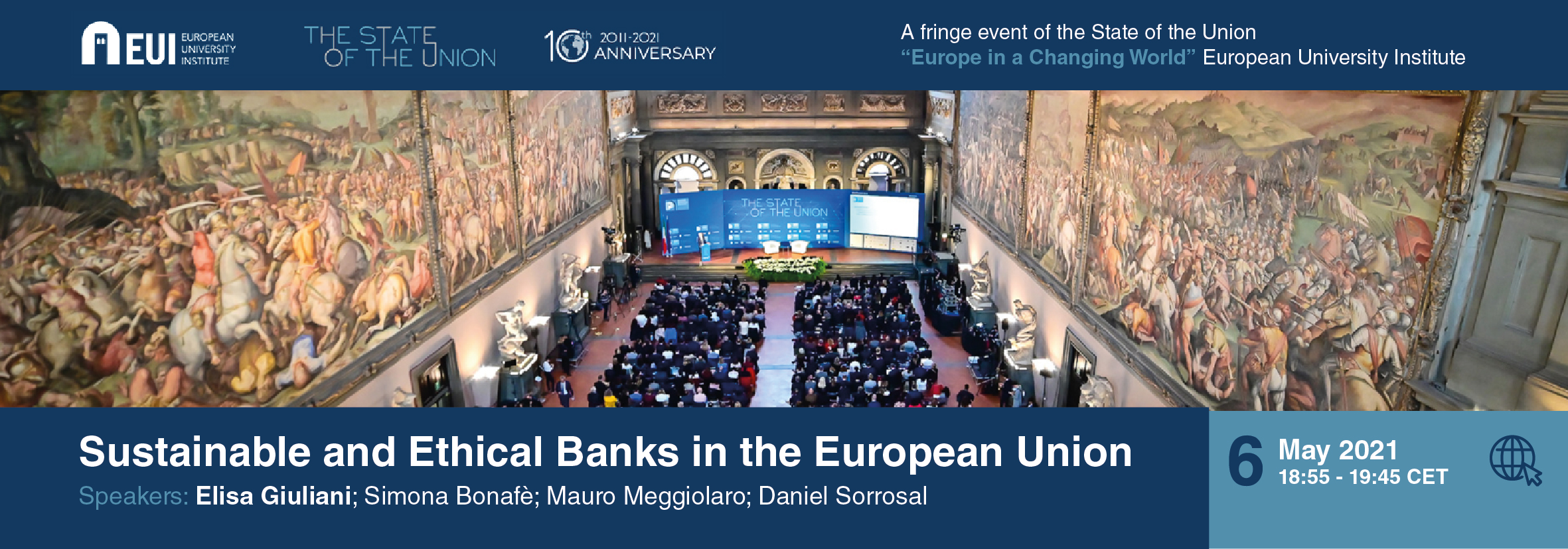The State of the Union 2011-2020: a decade of high-level reflection, transnational debate and connection building
The State of the Union (SOU) is an annual summit for high level reflection on the European Union which acts as a bridge between academia and policy making at the highest level in Europe. Each year the city of Florence becomes a hub of debate as experts of great institutional and academic relevance, business and opinion leaders, NGOs, think-tanks, journalists and representatives of civil society gather to discuss and debate the key challenges and opportunities facing Europe and Europeans. Each year’s edition is unique in its focus as panels and keynote speeches respond to the circumstances of a changing Europe and a changing world.
The success of SOU is based on five key elements: high-level participation and discussion, stunning locations in Florence, excellent networking opportunities, prominent media coverage and consistent timing. The conference falls annually around 9 May, the anniversary of the Schuman Declaration, making Florence the centre of Europe on Europe day and an annual fixture in the European calendar.
Climate, migration, surveillance and freedom, the role of Europe in a globalised world, the Eurozone crisis, gender, European institutions and democratic governance, European citizenship, solidarity and 21st-century democracy are just some the biggest questions of the past decade that SOU has addressed. Panels are led by EUI academics who are specialists in their fields, and the overarching theme and topics for each year are chosen by the annually changing Scientific Committee on the basis of the most current, relevant issues concerning not only the Union but crucially its citizens too. In an age of post-fact politics, SOU strives to bring scientific expertise on divisive issues to an ever-wider public.
By putting its research excellence and scientific and organisational resources at the disposal of the European community as a tool to improve the life of European and international citizens, the European University Institute seeks to influence the international debate around the themes covered during the conference and have a positive and relevant impact on the development of governmental and transnational policies.
REMARC will be part of the FRINGE EVENT: “Sustainable and Ethical Banks in the European Union”
FRINGE EVENT
Sustainable and Ethical Banks in the European Union
18.55-19.45 (CEST) – 6 May 2021
Moderator
Khalid Azizuddin, Journalist, Responsible Investor
Speakers
Simona Bonafè, MEP, European Parliament
Elisa Giuliani, Professor of Management, University of Pisa
Mauro Meggiolaro, Coordinator, Shareholders for Change Engagement Network and Member, Banca Etica Group, Italy
Daniel Sorrosal, Secretary General, European Federation of Ethical and Alternative Banks and Finance
The ethical and sustainable finance sector in Europe is far from marginal: it was worth €715 billion in 2019, equal to 5% of EU GDP. Within it, different actors coexist: ethical banks (more responsive to the crisis than traditional credit institutions), socially responsible funds, micro-credits and social impact bonds.
The Ethical and Sustainable Finance in Europe Report is the only instrument in Europe that collects and quantifies these experiences. In this fourth report, in addition to the financial comparison between ethical and mainstream banks, for the first time a comparison has been made with the aggregate of European co-operative credit banks. Some significant examples of the response to COVID-19 by individual European ethical banks will also be discussed. An extensive discussion is on the European Action Plan on Sustainable Finance, with a particular focus on the outstanding questions and the “S” item on social and fiscal justice. Finally, the University of Pisa’s research “Banking on human rights” will be presented. The UN Guiding Principles on Business and Human Rights (UNGP) stipulate that all business enterprises should respect human rights. Based on these principles, banks are expected to respect human rights. But how good are banks at respecting human rights? The Banking on Human Rights project ranks banks according to their involvement in human rights abuses. These ranks are based on publicly available evidence and show how hundreds of banks have performed over the period 2000-2015.
To connect this panel, please link to https://stateoftheunion.eui.eu/ and go to Channel 3.
Lead Organisation:

